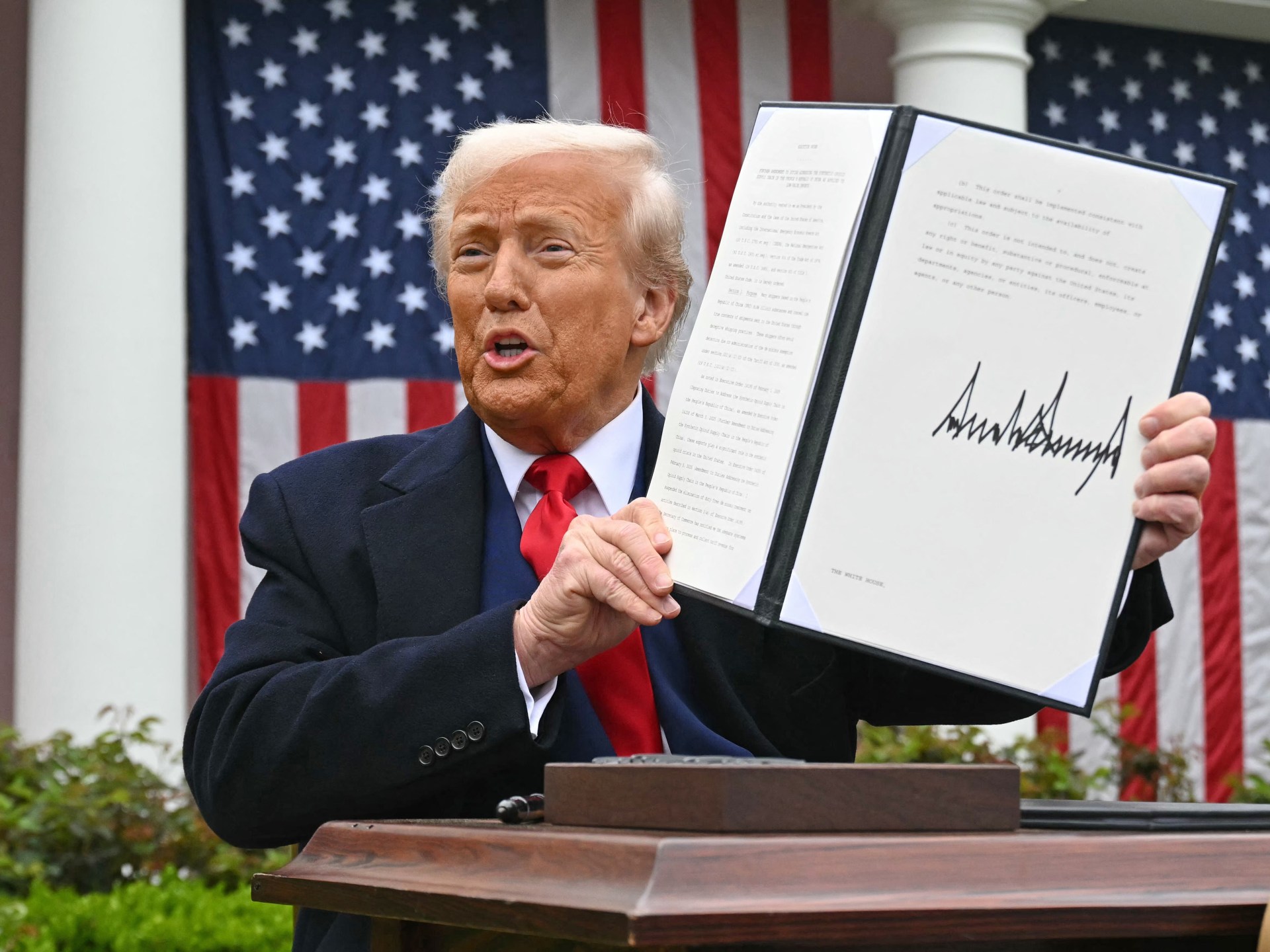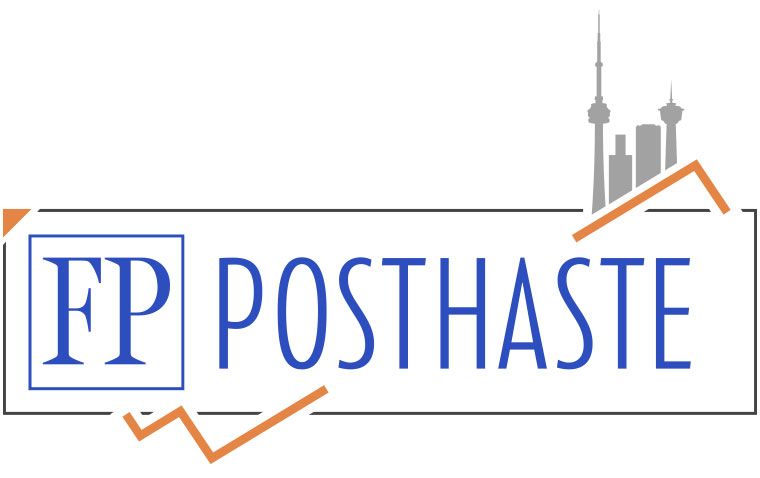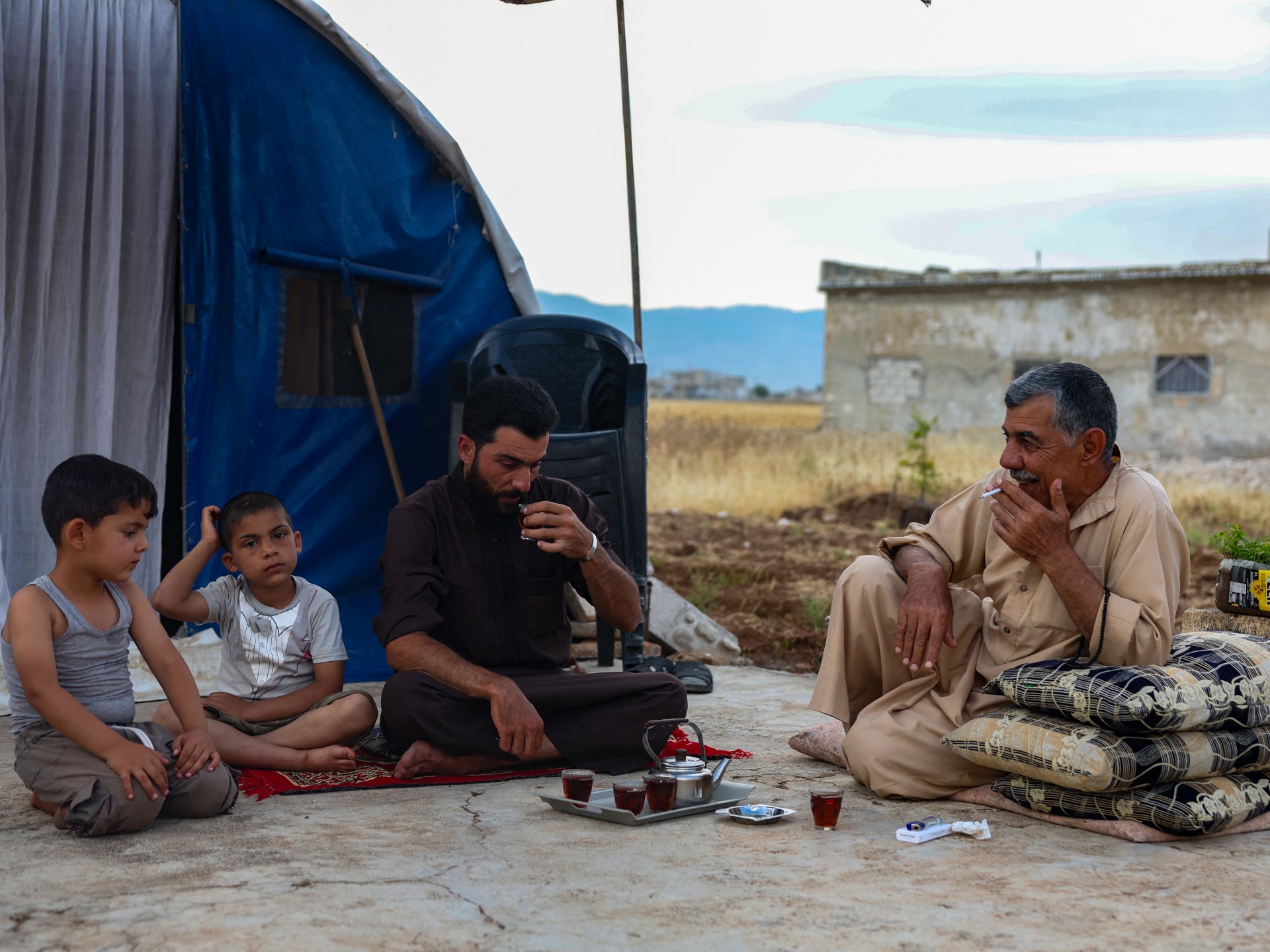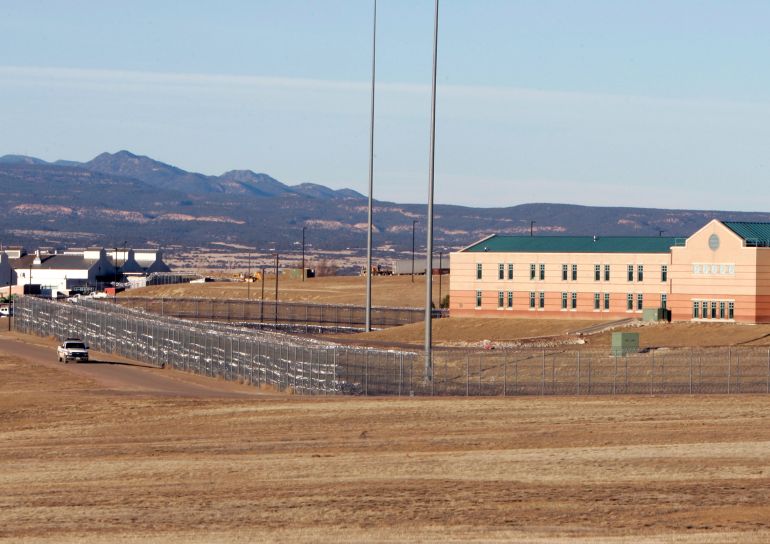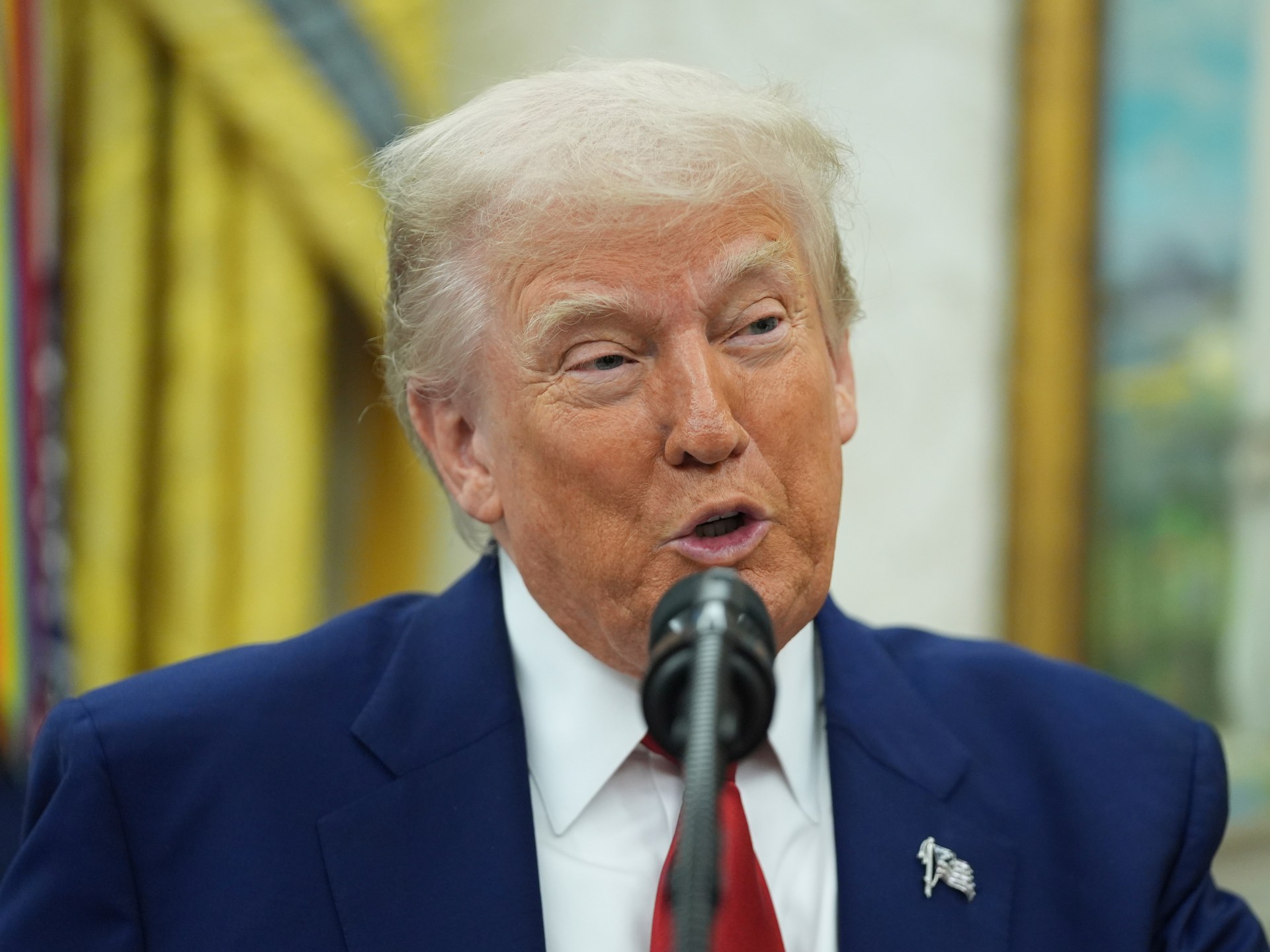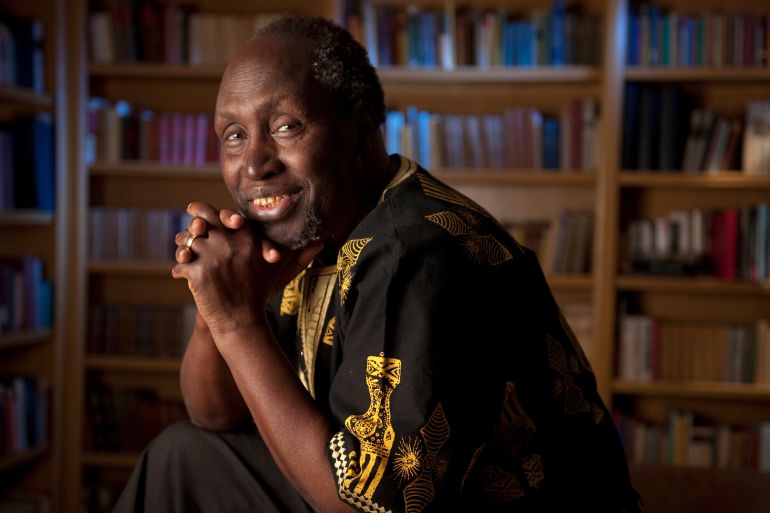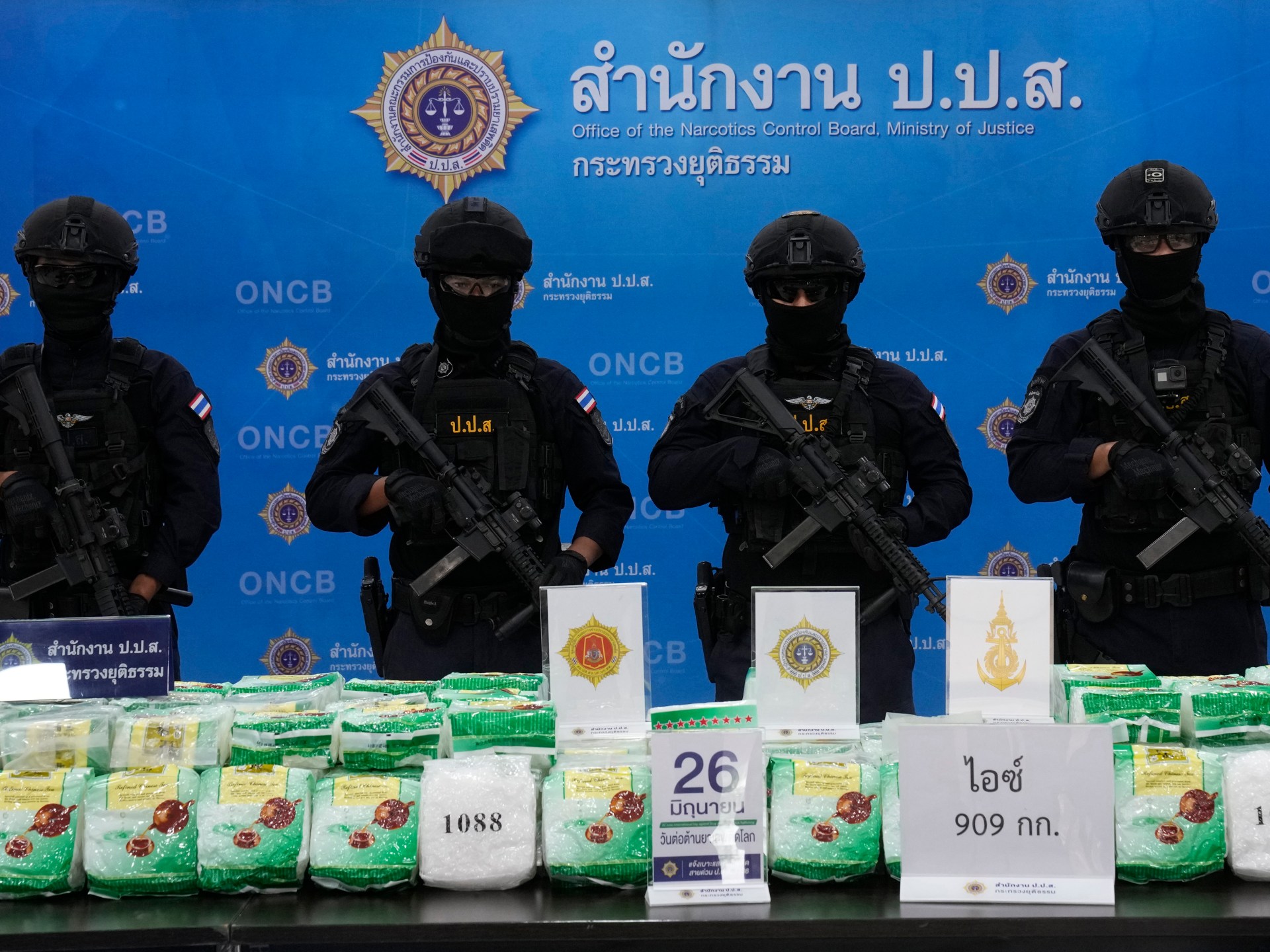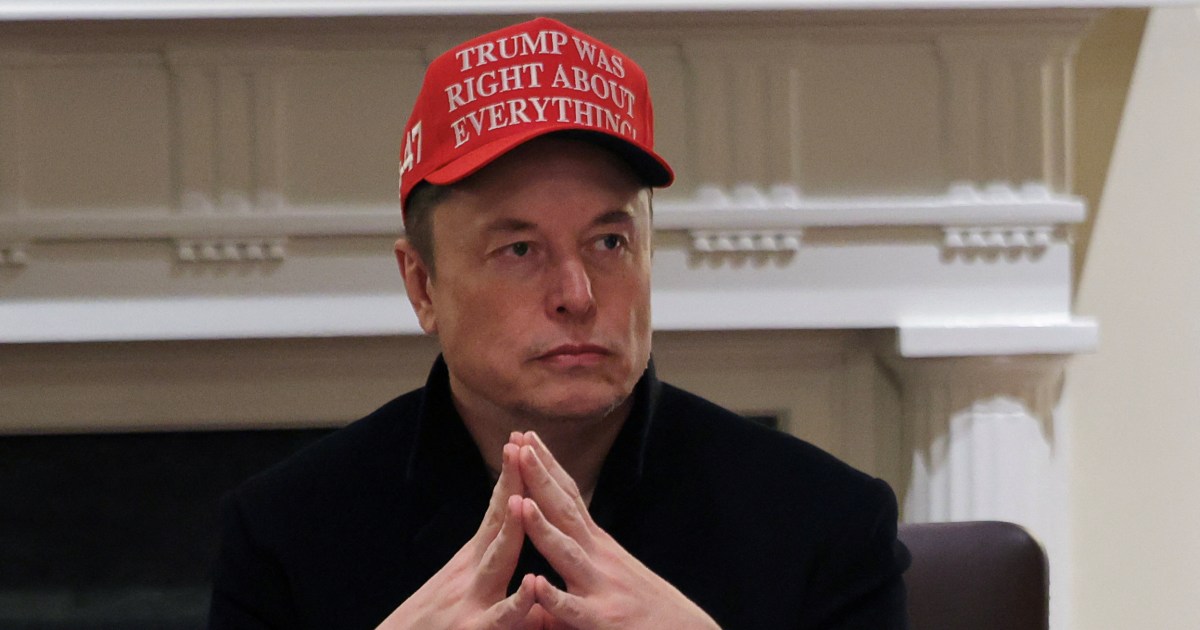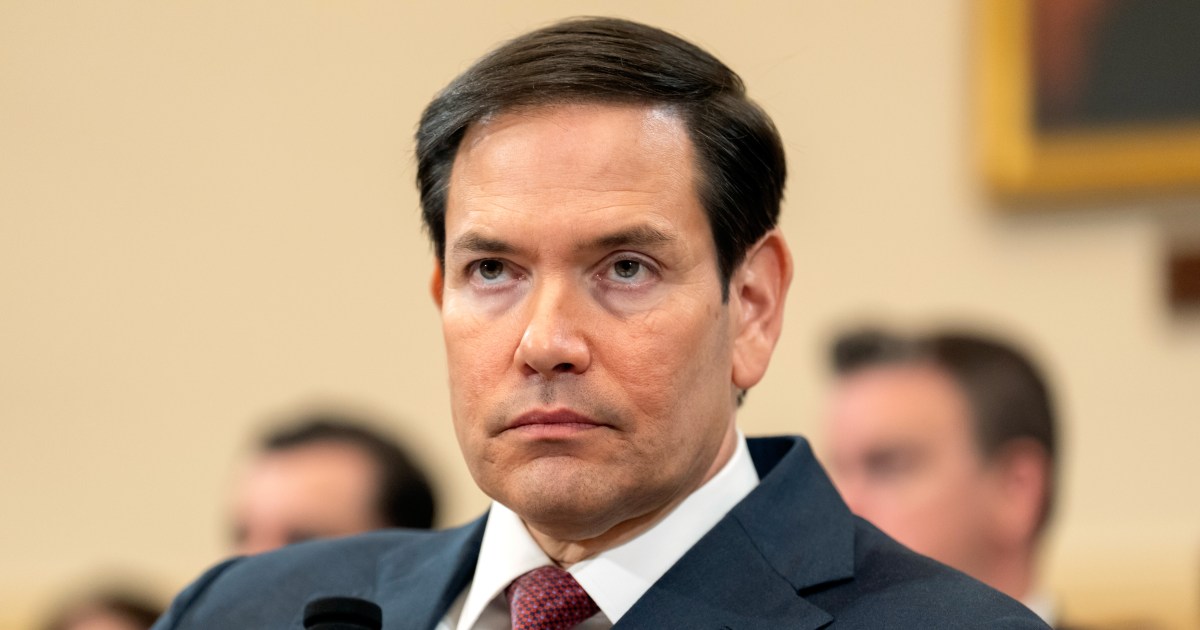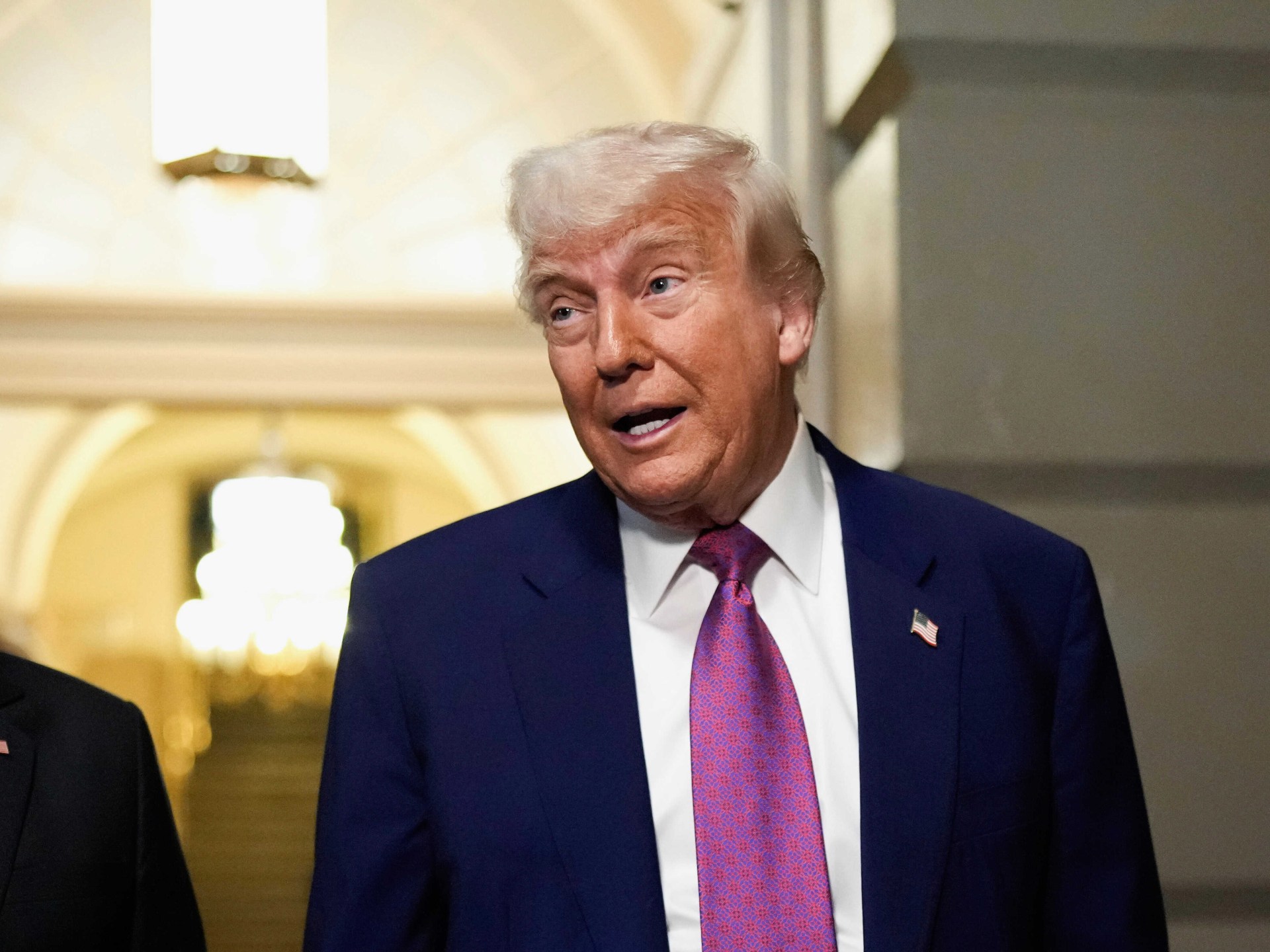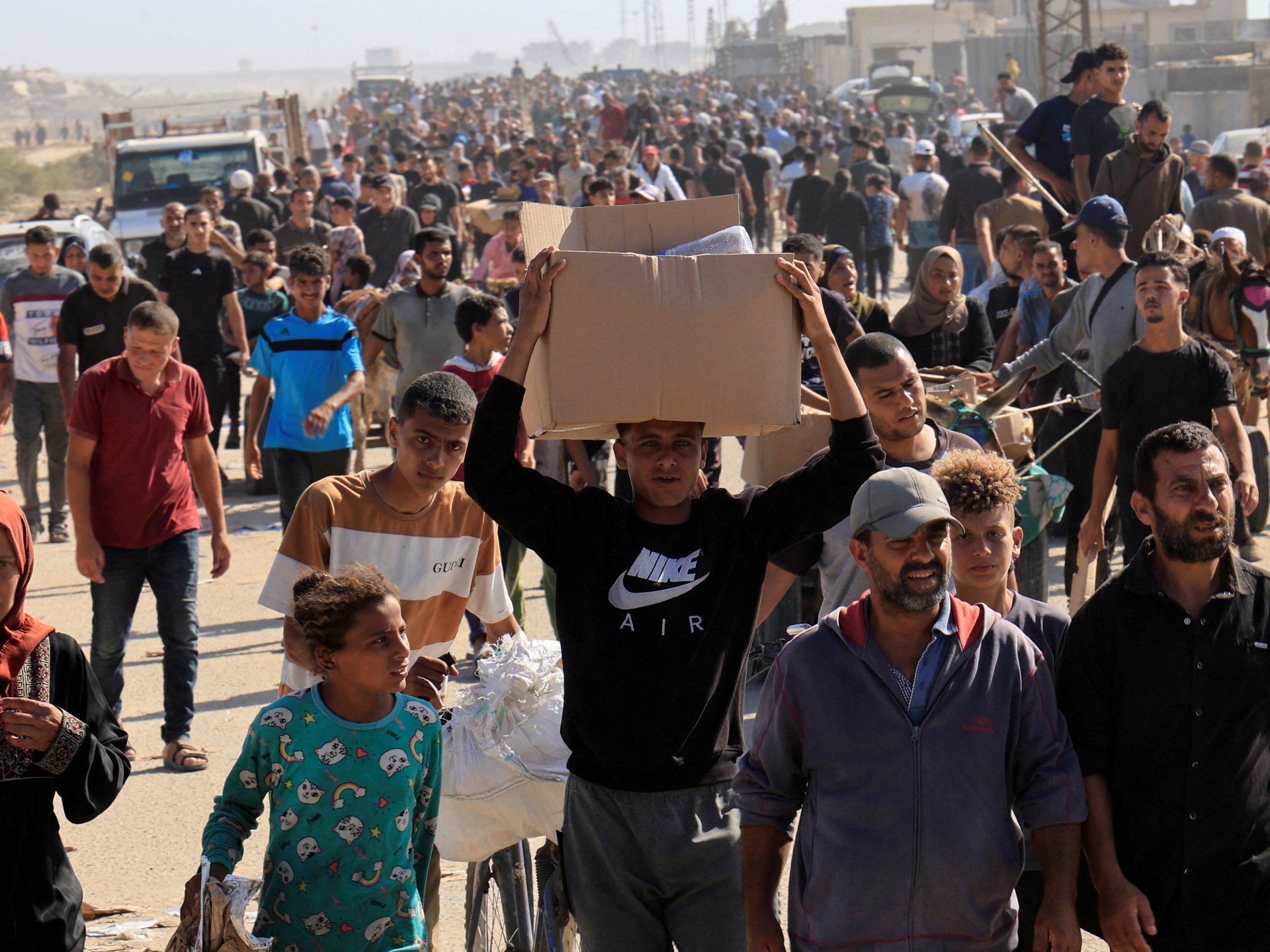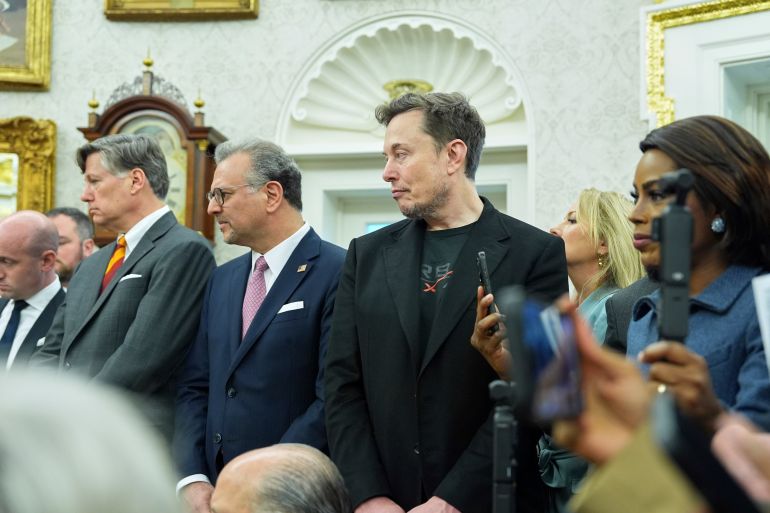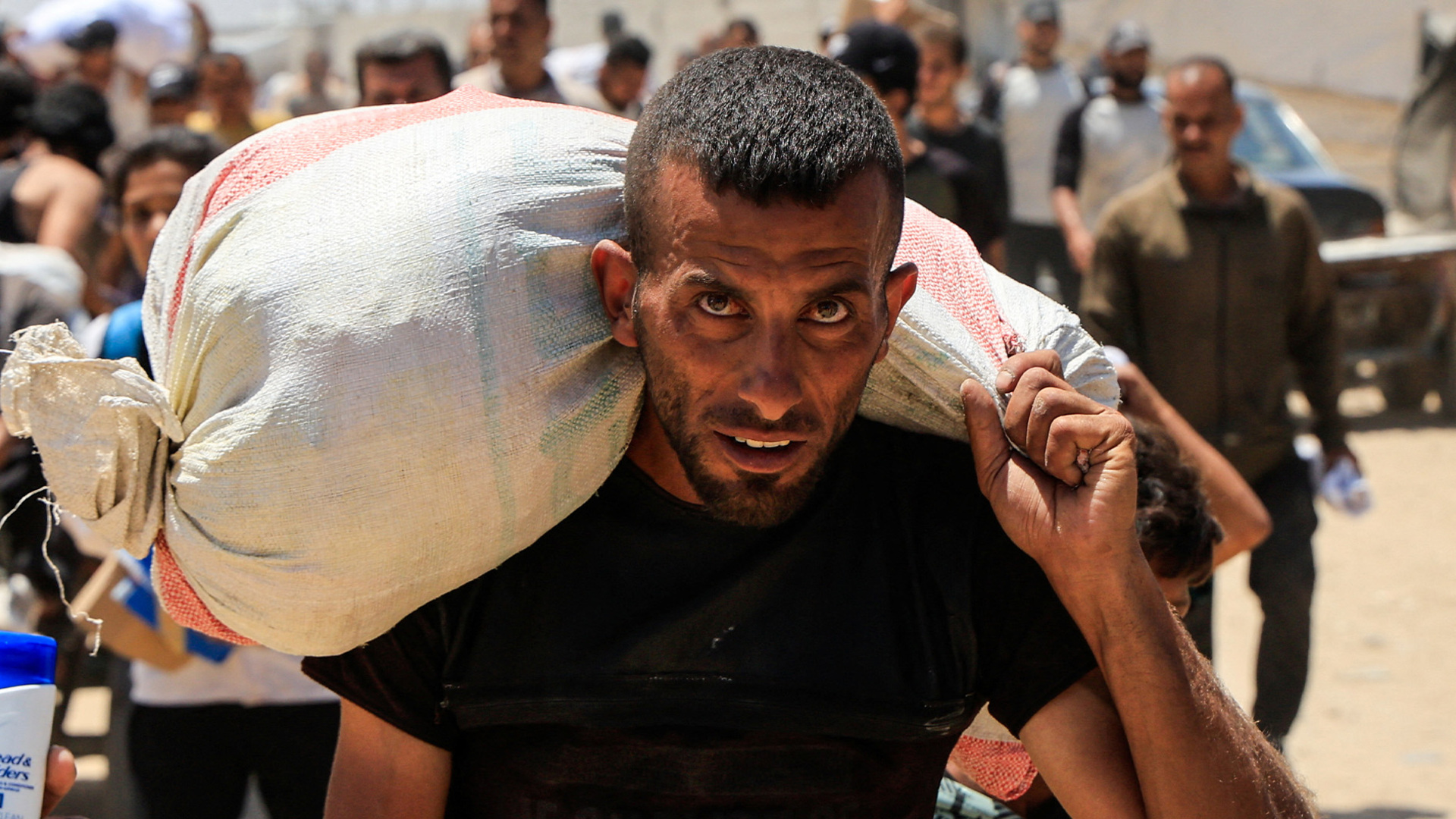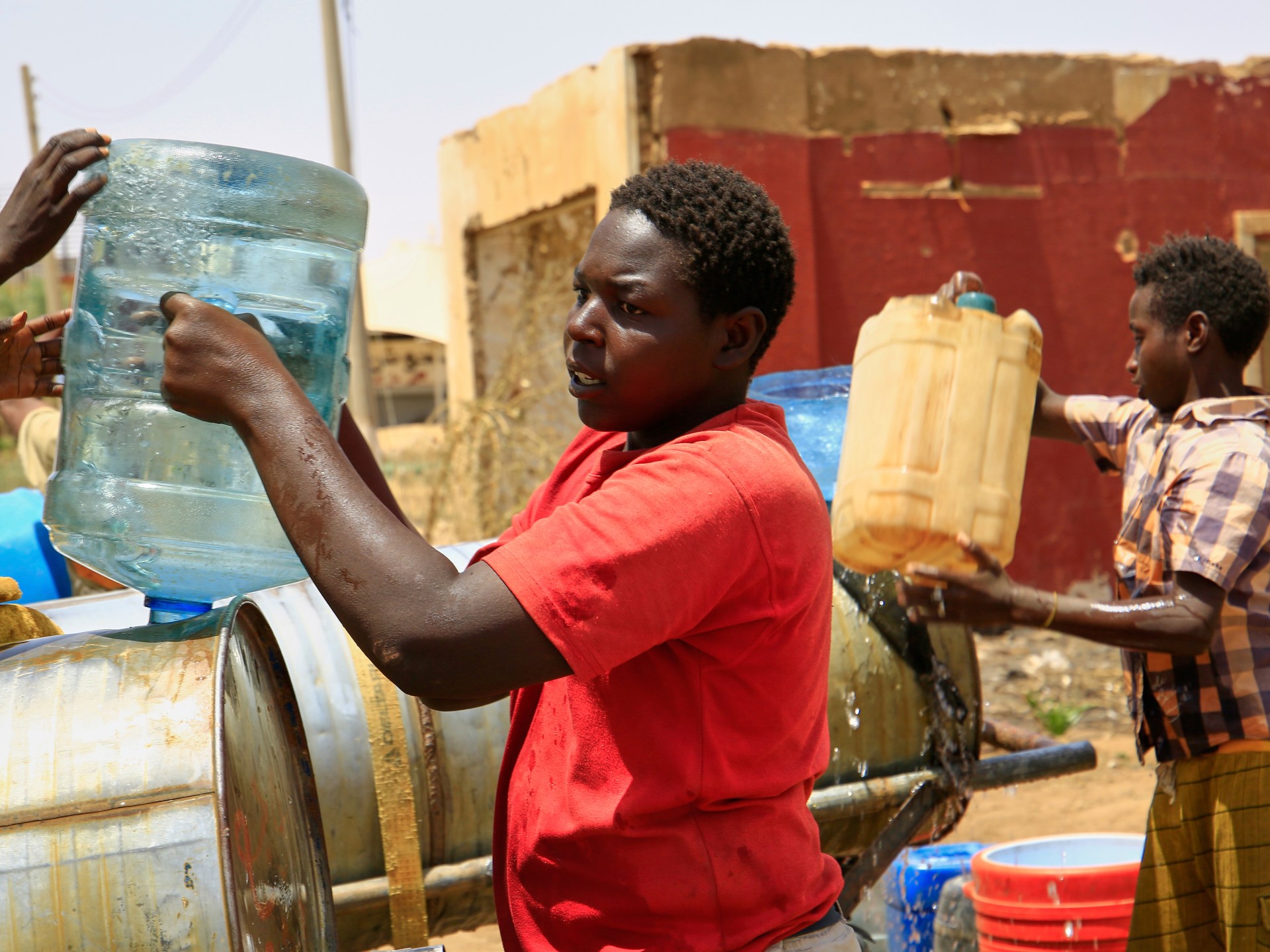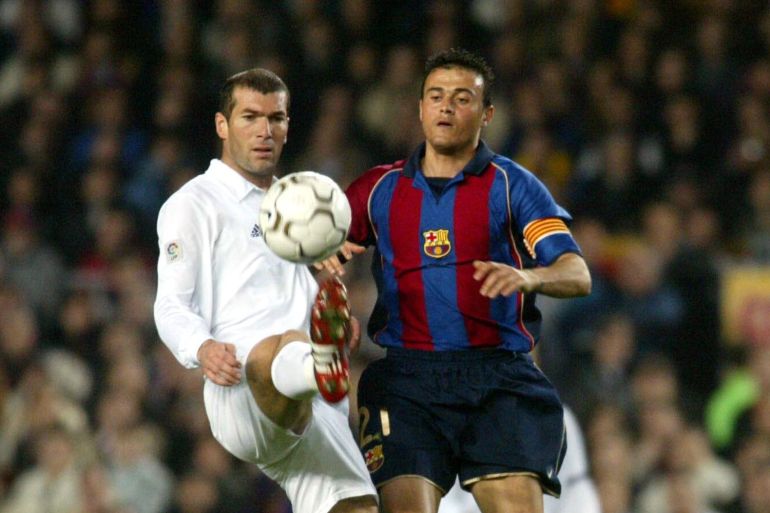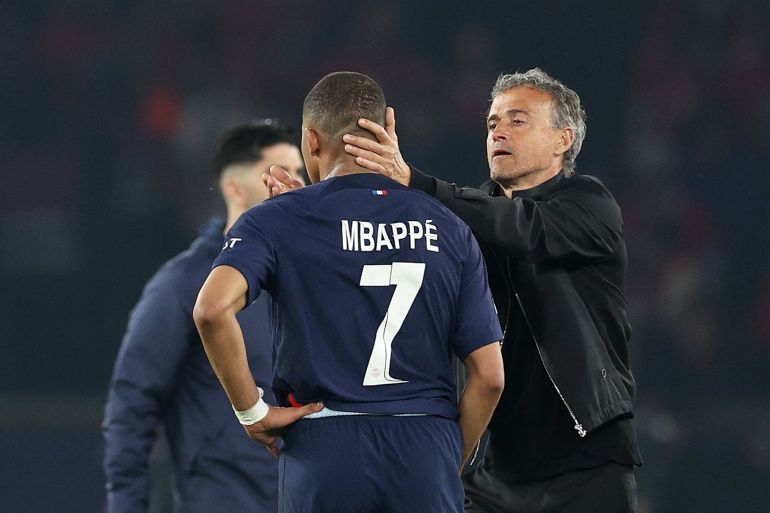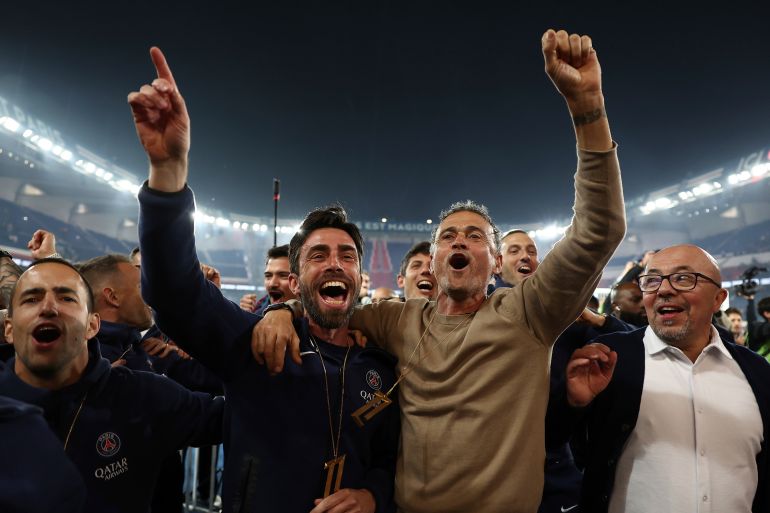Trump’s tariffs ruled illegal: Will this end US trade war? | Trade War News
A United States trade court has ruled that President Donald Trump’s global reciprocal tariffs are illegal, finding that the president overstepped his authority by imposing the import levies last month. Wednesday’s ruling could throw Trump’s sweeping trade policies into disarray, experts say.
The Court of International Trade in New York ruled that an emergency law invoked by Trump during his “Liberation Day” announcement in April does not give him unilateral authority to impose certain tariffs. Instead, the court ruled, that power resides with Congress.
It also extended this ruling to previous tariffs levied earlier this year on Canada, Mexico and China over the fentanyl opioid crisis as well as security at the US border.
Trump has consistently promised Americans that his tariffs will draw manufacturing jobs back to the US, and shrink the country’s $1.2 trillion goods trade deficit with the rest of the world.
He has argued that the US’s large trade deficits with other countries amount to a national emergency, particularly regarding China, giving him the right to invoke emergency measures. But the court disputed that, arguing the US has run a trade deficit with the rest of the world for 49 years.
“The court does not pass upon the wisdom or likely effectiveness of the President’s use of tariffs as leverage,” a three-judge panel said in the decision to issue a permanent injunction on the blanket tariff orders issued by Trump since January.
“That use is impermissible not because it is unwise or ineffective, but because [federal law] does not allow it.”
On April 9, Trump imposed a 10 percent across-the-board tariff on all imports, plus higher reciprocal rates for countries with which the US has large trade deficits. He later paused or lowered those, but kept the 10 percent baseline tariff in place.
Wednesday’s ruling, if it stands, would blow a hole through Trump’s strategy to use tariffs to wring concessions from trading partners, experts say. It also creates uncertainty around trade negotiations and agreements with the European Union and China, as well as other countries.
But the Trump administration, some experts say, might explore new ways to impose tariffs even if it loses the current case.
What has the court ruled?
The three-judge panel was ruling on a lawsuit filed by the nonpartisan Liberty Justice Center on behalf of five small businesses which import goods from countries targeted by the duties. To date, at least seven lawsuits have been filed challenging Trump’s trade policies.
On Wednesday, the court invalidated all of Trump’s tariffs since January which were rooted in the International Emergency Economic Powers Act (IEEPA), a 1977 law meant to address “unusual and extraordinary” threats during a national emergency.
“The Worldwide and Retaliatory Tariff Orders exceed any authority granted to the President by IEEPA to regulate importation by means of tariffs,” the court ruling stated.
The judgement affects levies imposed on April 2, including the baseline 10 percent tariff and higher, so-called “reciprocal” duties on many countries, but not the sectoral tariffs that Trump had imposed earlier.
The ruling left in place any tariffs that Trump issued using his Section 232 powers from the Trade Expansion Act of 1962, including his 25 percent tax on most imported vehicles and parts, as well as on all foreign-made steel and aluminium.
The judges gave the government 10 days to carry out the necessary administrative moves to remove the affected tariffs.
How has the Trump administration responded to the ruling?
Minutes after the announcement of the ruling, the Trump administration filed a notice of appeal and questioned the authority of the court.
In a statement issued on Wednesday, White House spokesperson Kush Desai said US trade deficits with other countries constituted “a national emergency that has decimated American communities … and weakened our defence industrial base”.
“It is not for unelected judges to decide how to properly address a national emergency,” Desai added.
Stephen Miller, the White House deputy chief of staff for policy, also hit out at the ruling with a post on X claiming “the judicial coup is out of control”.
The Justice Department, which is headed by US Attorney General Pam Bondi, a Trump appointee, said the lawsuits should be dismissed because only Congress, not private businesses, can challenge a national emergency declared by the president under the IEEPA.
How have world markets responded?
Financial markets responded positively to the ruling, with the US dollar rising in value against the euro, yen and Swiss franc.
In Europe, the German Dax rallied by 0.9 percent at the start of trading on Thursday, while the UK’s FTSE 100 index of shares ticked up by 0.1 percent.
Stocks in Asia also climbed on Thursday, while the price of Brent crude – the global price benchmark for Atlantic basin crude oils – climbed 81 cents, or 1.25 percent, to $65.71 a barrel.
Most economists agree that eliminating Trump’s tariffs would improve prospects for the world’s major economies.
What steps could the Trump administration take now?
The Trump administration has 10 days to complete the process of halting tariffs, although the introduction of most reciprocal tariffs has been shelved until later in the summer anyway.
It’s not yet clear if the White House will respond by suspending its emergency powers after July 9, when the reciprocal tariffs pause is set to end.
For now, the trade court ruling will most likely be appealed at the US Court of Appeals in Washington, DC, and — if needed — after that, the US Supreme Court. It is unclear how long this process could take.
Meanwhile, Trump can still unilaterally launch import taxes of 15 percent for 150 days on nations with which the US runs large trade deficits, in line with Section 122 of the Trade Act of 1974.
The White House may also begin to explore other laws to enable it to force through Trump’s trade policies.
According to Mona Paulsen, assistant professor in international economic law at the London School of Economics, “Section 338 of the Tariff Act of 1930 could be option”.
This would allow Trump to raise duties up to 50 percent above existing charges on imports from countries that “discriminate against US commerce”.
“Rather than wipe out Trump’s trade plans, I think yesterday’s ruling will see the White House use more and more ambiguous trade laws,” Paulsen told Al Jazeera.
How does the ruling affect new trade deals?
The trade deal that Trump reached with the United Kingdom on May 8 has been thrown into doubt following the trade court ruling.
That agreement, which has not yet been finalised, imposed a 10 percent tariff only on all imports from the UK.
“A lot of governments will wait and see what happens now,” said Paulsen, suggesting that trade partners may now have a stronger hand in negotiations with the US.
